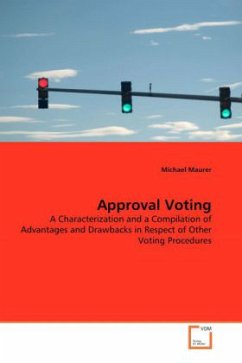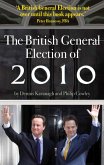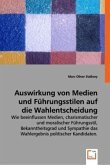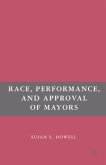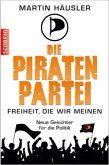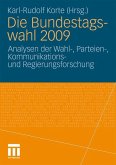Imagine an election where you can vote for not only one, but as many candidates as you like! Approval voting is a voting procedure, which permits exactly this: to vote for all candidates you approve of. After a short introduction into voting and social choice theory, and the presentation of two discouraging results (Arrow's and Gibbard-Satterthwaite theorem), the present work evaluates approval voting by some standard social choice criteria. Then, it characterizes approval voting, as well as candidates who can win approval voting elections, and provides advice to voters on what strategies they should employ according to their preference ranking. The main part of this work compiles advantages and disadvantages of approval voting as far as dicho-, tricho- and multichotomous preferences, strategy-proofness, election of Pareto/Condorcet candidates, stability of outcomes, Condorcet effciency, comparison of outcomes to other voting procedures, computational manipulation, vulnerability to majority decisiveness/the erosion of the majority principle, and subset election outcomes are concerned. Finally it presents modifications of approval voting to mitigate some of the mentioned drawbacks.
Bitte wählen Sie Ihr Anliegen aus.
Rechnungen
Retourenschein anfordern
Bestellstatus
Storno

